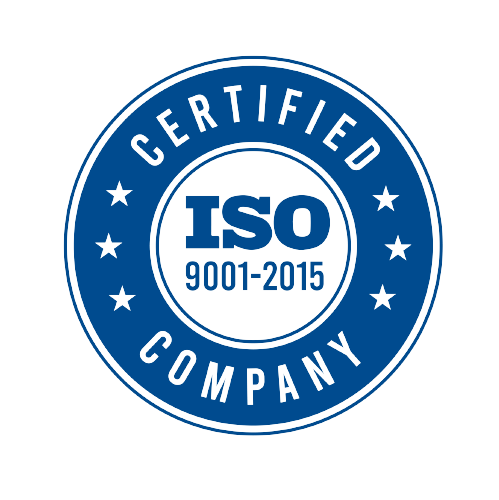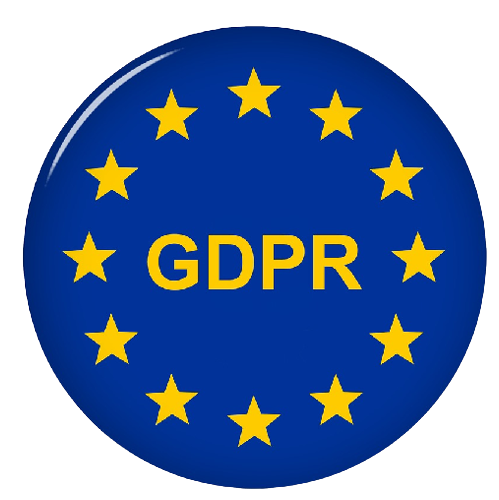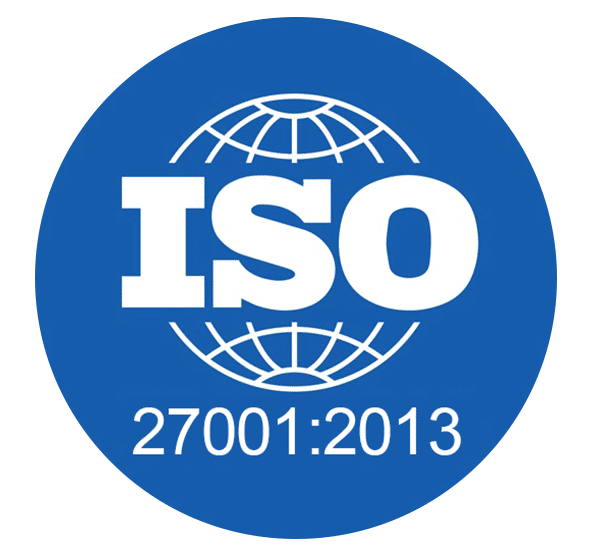Digital Marketing's Role in B2B Lead Gen Amidst a Pandemic

The COVID-19 pandemic has completely reshaped how businesses operate worldwide, forcing companies to reassess and fine-tune their marketing approaches. With traditional avenues for generating leads like in-person meetings, conferences, and trade shows no longer viable, digital marketing has taken center stage for B2B firms aiming to maintain and expand their clientele. This transition not only highlights the significance of a strong online footprint but also demonstrates the agility and durability of digital marketing during turbulent times.
Embracing Change: Transitioning to Digital Realities
As physical interactions are limited, B2B firms have to swiftly adapt to online channels to engage potential clients. This transformation wasn’t just about maintaining an online presence; it involved using digital tools to build meaningful connections. The focus has shifted towards content marketing, SEO strategies, active social media participation, targeted email campaigns, and hosting virtual events.
Companies accustomed to traditional marketing methods find themselves needing to invest in digital infrastructure, such as CRM systems and marketing automation tools, to streamline their lead generation processes.
Building Credibility and Influence with Content Marketing
Throughout the ongoing pandemic, content marketing proved instrumental in B2B lead generation. With decision-makers increasingly reliant on online platforms, the demand for informative and engaging content soared. Businesses that stepped up with compelling blogs, whitepapers, e-books, and webinars positioned themselves as authorities in their fields.
This content not only drew in potential leads but also guided them through the sales process by addressing their pain points and providing solutions. The crucial factor is creating content that resonates with the challenges businesses were grappling with during the pandemic.
Search Engine Optimization (SEO): For Improving Visibility
As businesses embraced the digital age, they quickly realised that SEO was the secret sauce for success. Crafting website content with search engines in mind became essential for capturing the attention of prospects actively seeking solutions. With the pandemic accelerating the shift to online B2B service searches, those with a solid SEO strategy found themselves in pole position.
From strategic keyword placement to cultivating authoritative backlinks, every move was aimed at climbing the ranks of search engine results and driving traffic to B2B websites.
From Likes to Links: Creating and Maintaining Relationships in the Digital World
Social media has become an indispensable tool for B2B companies looking to engage with their audience. LinkedIn, especially, has cemented its status as a powerhouse for B2B networking and lead generation. From sharing industry knowledge to promoting content and reaching out to potential leads through direct messages and targeted ads, businesses are capitalising on LinkedIn’s features. Twitter and Facebook are also part of the mix, extending reach and fostering community interaction.
Email Marketing: Customizing Communications
One aspect of B2B lead generation has not changed during the pandemic’s chaos: Email Marketing. However, it has to change. Gone are the generic blasts; the personal touch is paramount. Imagine getting emails that are specifically customized to your objectives and struggles. That is personalization’s power.
Furthermore, by using automated email campaigns to send customized content and appropriate nudges, you’re not just preserving the flame but also igniting a blazing inferno that will increase conversions.
Virtual Events: Replacing Physical Interaction
Due to cancellations, in-person events are less important, and virtual events are essential to generating B2B leads. Webinars, online seminars, and virtual trade exhibits gave businesses new ways to showcase their skills, interact with prospective customers, and generate leads instantly. The beauty? No limits imposed by location.
Companies may reach a worldwide audience without having to bother about the planning of in-person events. And the information! Virtual events provided a wealth of information, including engagement metrics and attendee tracking, providing businesses with the tools they needed to perfect their follow-up tactics.
Driving Informed Decisions with Data Analytics
Data analytics has become the breakthrough tool for B2B initiatives because of the pandemic forcing businesses to reconsider their marketing methods. Businesses that used analytics tools gained a competitive advantage by being able to adjust their strategy on the fly.
Every click and like contributed to the puzzle, from analyzing email campaigns and social media interactions to closely examining website traffic. Equipped with this vast amount of information, marketers became conductors, precisely coordinating their campaigns in reaction to the constantly shifting environment.
Conclusion
Unquestionably, the pandemic has sped up B2B marketing’s digital revolution. Businesses that adopted digital marketing techniques will manage to overcome the pandemic’s obstacles and keep producing leads. The knowledge gained during this time will probably influence B2B marketing going forward, with a persistent focus on digital tools and tactics.
For businesses to continue growing and being competitive in the post-pandemic environment, they will need to keep up a strong online presence and use data-driven insights








